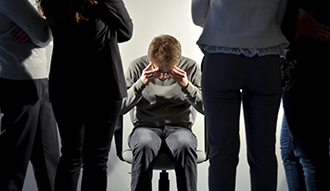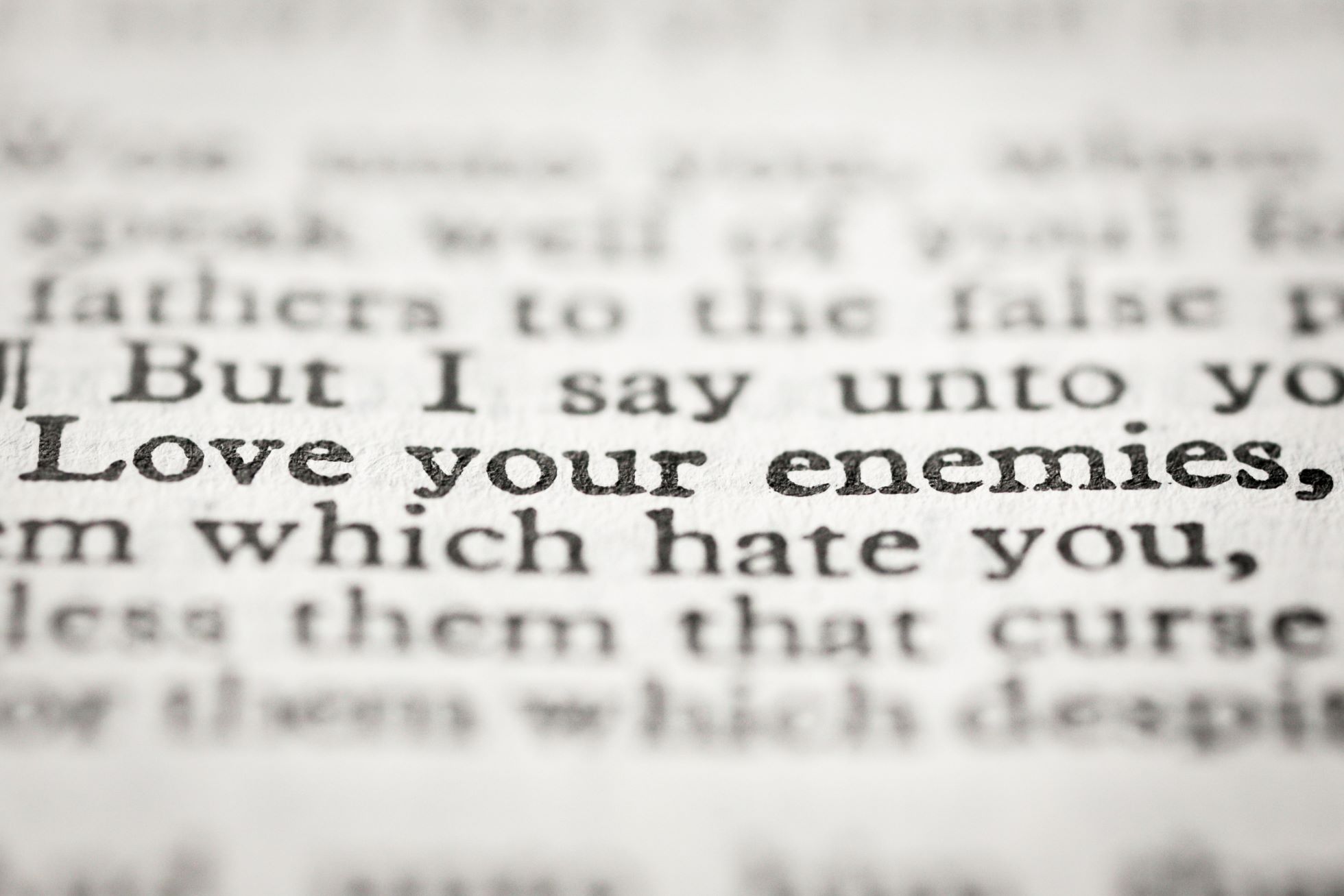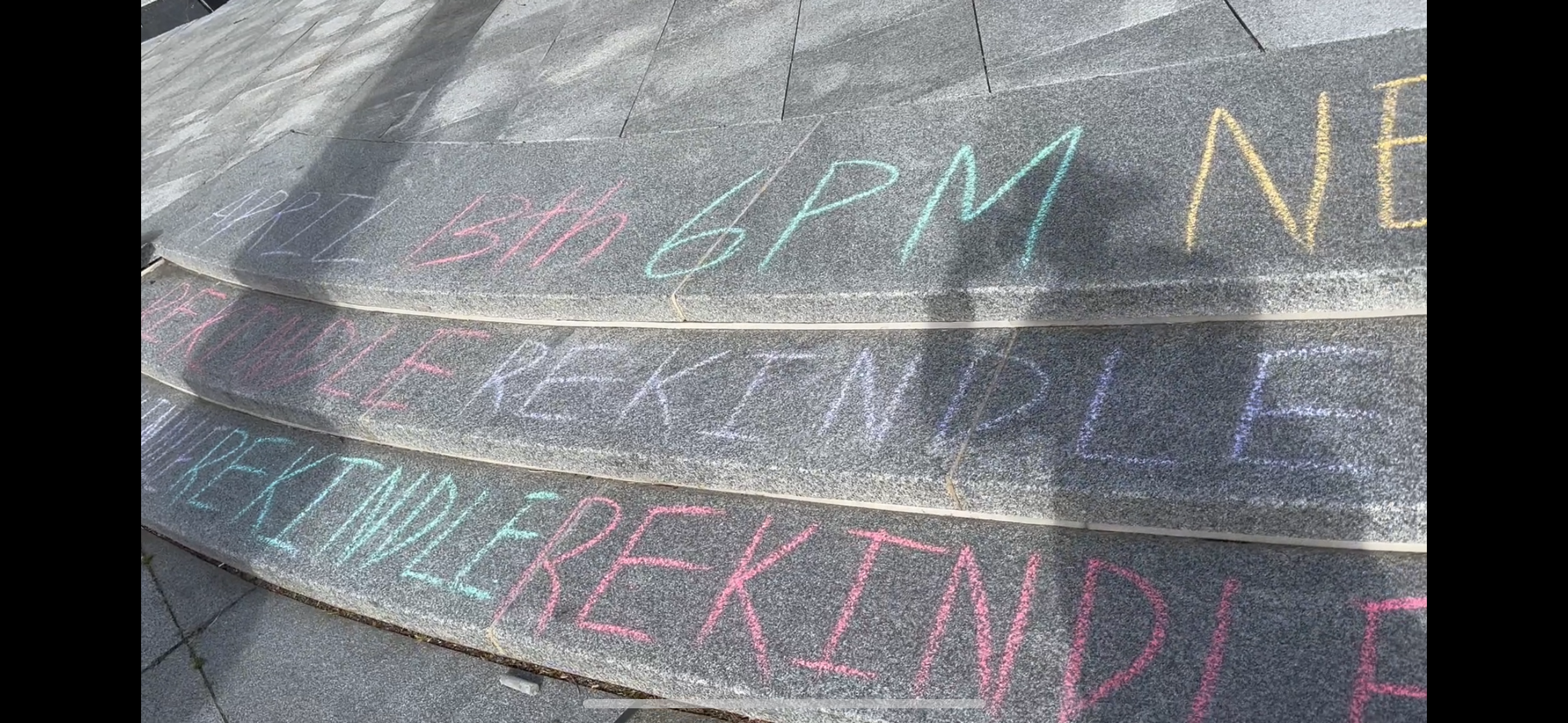 On May 6, 2016, Harvard University announced “members of independent, single-sex, off-campus organizations will be blacklisted from Rhodes and Marshall scholarships and banned from leadership of on-campus organizations or athletic teams.”
On May 6, 2016, Harvard University announced “members of independent, single-sex, off-campus organizations will be blacklisted from Rhodes and Marshall scholarships and banned from leadership of on-campus organizations or athletic teams.”As reported by FIRE, Harvard tried to justify this decision as follows:
Harvard President Drew Gilpin Faust stated that next year, members of fraternities, sororities, and “final clubs” will begin to be denied these opportunities in an effort to foster “inclusion” and “address deeply rooted gender attitudes.” According to Dean Rakesh Khurana, who recommended the changes, such organizations have been independent from Harvard since 1984. They operate as off-campus entities and do not receive any recognition or benefit from the university.
Why does this matter? What implications does Harvard’s blacklisting of students involved in off-campus, independent associations hold for the rest of the world? It is simple: Harvard’s blacklist condones, encourages, and delivers punishment to students who associate with groups Harvard’s administration doesn’t like. As FIRE’s executive director, Robert Shibley, explains:
“This year’s undesirables are members of off-campus clubs that don’t match Harvard’s political preferences. In the 1950s, perhaps Communists would have been excluded. I had hoped that universities were past the point of asking people, ‘Are you now, or have you ever been, a member of a group we don’t like?’ Sadly, they are not.”
"Harvard’s decision simply demonstrates that it is willing to sacrifice students’ basic freedom of association to the whims of whoever occupies the administrative suites today,” said FIRE co-founder, civil liberties attorney, and Harvard Law alumnus Harvey Silverglate. “Who’s to say that Harvard’s leaders five years from now won’t decide that Catholics or Republicans should be blacklisted because they might not line up with Harvard’s preferred values?"
Aside from the aforementioned dangers, this action on Harvard’s part exposes something else: their double standard. In a follow-up FIRE article by Adam Steinbaugh, Steinbaugh explains how this latest action by Harvard goes against previously issued statements by the school:
Harvard’s rationale relied fairly heavily on the notion that student and alumni organizations—which operate independently of Harvard—represent the university:
“Students will decide for themselves whether to engage with these organizations, as members or otherwise. But just as students have choice, so too the College must determine for itself the structure of activities that it funds or endorses (including through fellowship recommendations from the dean), or that otherwise occur under its auspices. Captains of intercollegiate sports teams and leaders of organizations funded, sponsored, or recognized by Harvard College in a very real sense represent the College.”
That’s a curious statement, for two reasons.
First, Harvard’s targets are organizations that aren’t funded or endorsed by Harvard—the organizations it supposedly “endorses” are merely the tools Harvard is using to pressure outside groups.
…
Second, Harvard’s claim that it can dictate the values of its student organization leaders because they “represent” Harvard departs from the commonly understood wisdom that student organizations do not represent the university—a point Harvard itself has made frequently.
Steinbaugh gives us several different examples of where Harvard has denied that all student leaders “represent” Harvard:
In response to the H-Bomb, a student-run magazine featuring “nude pictures of Harvard undergraduates and articles about sexual issues”:
“Associate Dean of the College Judith H. Kidd said officially approved organizations do not necessarily represent the views of the College.”
(…)
In another instance, a student journal run by Harvard College undergraduates published an essay by an anonymous Jewish convert to Christianity who made inflammatory statements about the Jews. The administration remained philosophical about the controversy:
“Harvard spokesman Jeff Neal said the college does not endorse the views of any of its more than 400 student organizations. ‘As an institution of higher education, free expression is one of our fundamental principles,’ he said in a statement.”
But Harvard’s proposed sanctions are a brazen departure from these declarations and affirmations of students’ freedom. Even the former president of Harvard has expressed dismay at the attempt to control students’ freedom of association.
The situation matters because Harvard is an intellectual trendsetter for the nation, not to mention other colleges and universities. What happens at Harvard will not stay at Harvard alone. The esteemed college has found a leverage point, forcing students to choose between prestigious, career-making scholarships and leadership roles on campus, and their involvement in off-campus organizations which Harvard distains. Today, the administration has set its sights on single-sex organizations, but by the logic they have used there is nothing to prevent the administration from next going after students who participate in groups affirming of, say, biblical (or “traditional”) sexual ethics. The most likely explanation that Harvard will give is to link such beliefs and practices to hate speech. What’s next? A student who attends a conservative church, synagogue or mosque blacklisted from campus leadership for consorting with people of biblical sexual ethics?
One of the nation’s foremost educational institutions, once committed to free expression, now embraces a tool intellectual and moral coercion? Left unchecked, the nightmare could become a trend.
Harvard students, faculty, and alumni can express their opinion on the proposed sanctions by writing President Faust via FIRE’s website.












